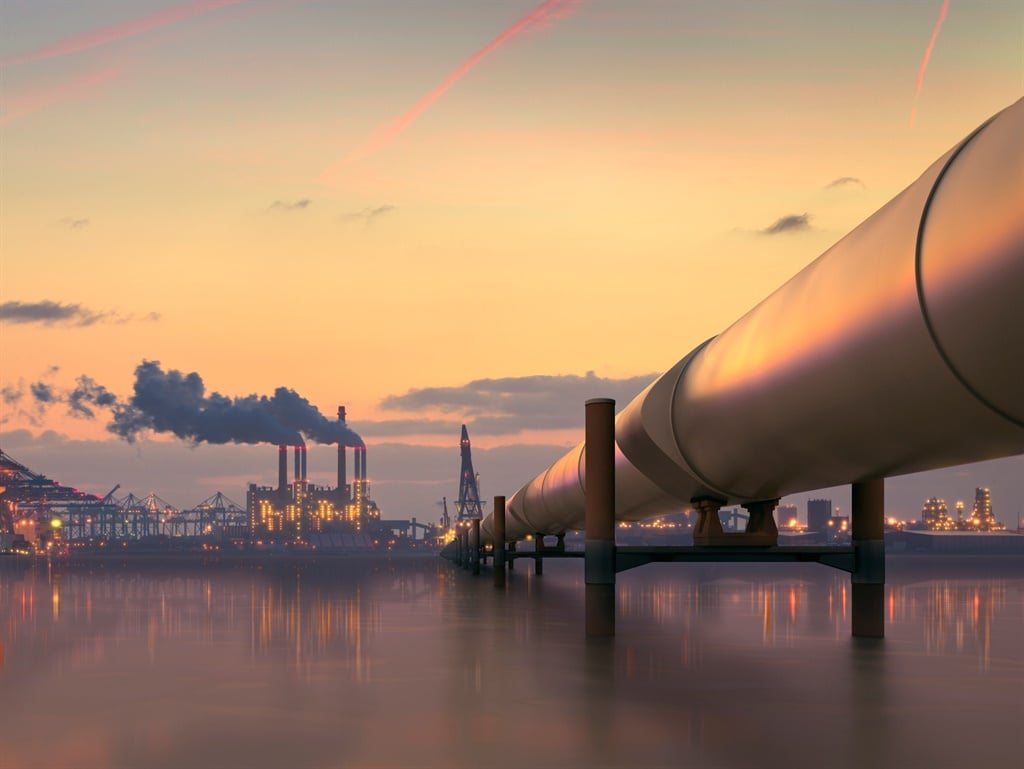Sasol Gas has a monopoly in the piped gas market, according to the Gas Users Association. (Spooh/Getty Images)
Chemicals and energy group Sasol has lost its application to the Competition Appeal Court, challenging findings that it was charging excessive markups on natural piped gas for nearly a decade.
In July last year, the Competition Commission found that Sasol Gas contravened the Competition Act and extracted mark-ups of up to 72% on the product, with the excessive pricing having continued for nearly 10 years. The commission referred the matter – based on complaints brought by Egoli Gas, the Industrial Gas Users Association of South Africa (IGUA-SA), and Spring Lights Gasby – to the Competition Tribunal.
READ | Excessive gas pricing: Competition watchdog finds that Sasol charged markups of up to 72%
Sasol attempted to challenge the commission’s jurisdiction to investigate the matter by approaching the Competition Appeal Court. It wanted the court to review and set aside the commission’s decisions to initiate an investigation into “alleged abuse of dominance by Sasol” and issue a summons after Sasol failed to respond to a request for information as part of the investigation. It also, as the first part of its application, wanted an interim order suspending the operation of the summons pending its review application.
The court dismissed the application on Tuesday, saying:
The decision of the Competition Commission to investigate the complaints lodged by IGUA-SA and Egoli Gas as well as the issuing of the summons stands.
Industrial, commercial, and domestic customers in South Africa use natural gas as an alternative source of energy to electricity. Sasol Gas – which sources natural gas from the Pande and Temane gas fields in Mozambique – is the only supplier of natural piped gas in the South Africa, selling to gas traders and end-users in the country through a network of transmission and distribution pipelines.
The commission found that Sasol Gas’ excessive pricing to gas traders and industrial customers ultimately affected the pricing to the end-consumers, as gas traders and industrial customers generally pass these costs on to consumers.
